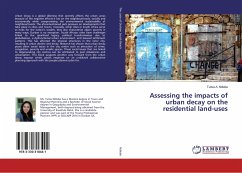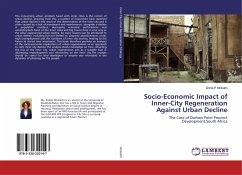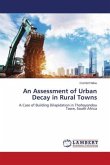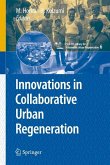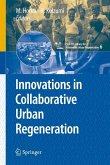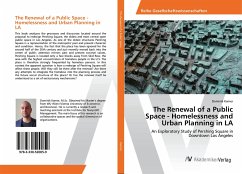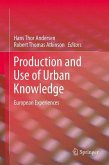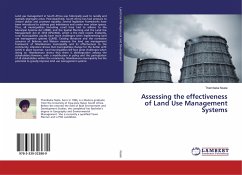Urban decay is a global dilemma that severely affects the urban areas because of the negative effects it has on the neighbourhoods, socially and economically while compromising the environmental sustainability of neighbourhoods. The aforementioned puts pressure on developments that take place in cities and towns. Ironically, while cities in South Africa serve as hubs for the nation's wealth, they also characterise abject poverty in many ways; Durban is no exception. South African cities have challenges linked to the apartheid legacy, political transformation due to globalisation, a dysfunctional urban environment, and skewed settlement patterns. This has affected the physical structures in the inner city, resulting in urban decline and decay. Research has shown that urban decay poses other social issues in the city centre such as attraction of crime, congestion, poverty and unsafe spaces. These social issues that are linked to degenerating city centres can be attributed to past imbalances and urbanisation. This book suggests another way forward from the urban decay impasse which places emphasis on an undiluted collaborative planning approach with the people planners plan for.

